Mopal Palletindustrie moved into its new building, right behind its existing one, in early November. "We were outgrowing our premises, both location and production-wise," begins Anita Manniën. She supported this Dutch company's three partners, Arie and Jacqueline Monhemius, and Pierre van de Wijngaart, in the business transition as project manager. "These past three years haven't been without their challenges, but we achieved a fantastic result."
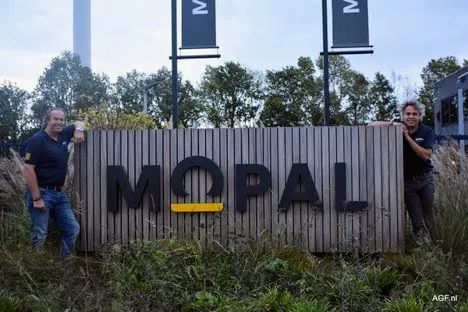
Pierre van de Wijngaart and Arie Monhemius
Three years ago, the business, which specializes in buying, repairing, and selling used pallets, decided to take this step toward renewal. "What are you going to do?" Anita quips. "Firstly, everyone had to be on the same page. Because saying you want to innovate has consequences. It's a long-term project. That decision was unanimous." It fit the course they wanted to take.
"Following directly on that, you have to ask: where do we want our company to go? We didn't want a series of small steps but rather ones where innovation and sustainability were key. Steps that suited the world of tomorrow. We started from these principles. Thus, sustainability and innovation became the two most important pillars within our new plans," she explains.
"We're going to use scanners"
With that in mind, the Mopal team began the business transaction. Anita and Jacqueline decided to focus on the renovation, and Arie and Pierre took charge of innovating the production process. "We used to get all the pallets whole and broken in a sorting area, after which they were sorted by type and placed together on our grounds. That's extremely labor-intensive work," Pierre explains.
"We'd been trying to find a way to optimize that process for several years. But there's no specific solution yet. Because of its use and the many types that differ from country to country, pallets aren't a standard size. So, it's impossible to develop a semi-automatic system to sort them. We found many possible solutions."
"However, finally, Pallet Sorting Systems (PSS) presented a system that met our requirements. We met with PSS's Roel de Vries, and based on our wishes and demands, he came up with the idea of scanning the pallets. That puts us at the forefront of the European used pallet market," Pierre says.
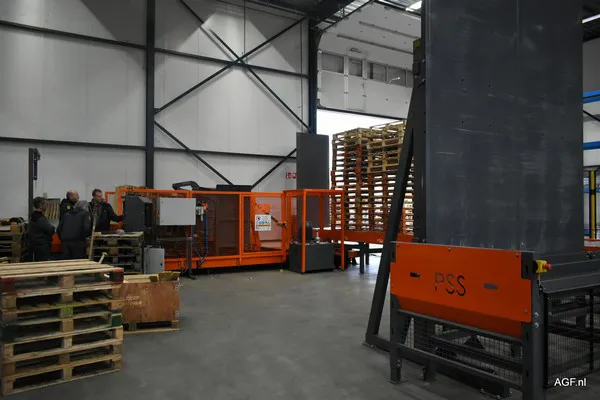
Arie elaborates: "With this new system, a stack of pallets is placed on the sorting line. Those then go onto a tipper, and the operator checks which are whole or not. The broken pallets go to the repair department, where they're fixed. The whole ones go to the scanner. Those pallets are scanned, and based on this information, one of four robots moves the pallet in place."
"Firstly, we improved our sorting and repair line's efficiency. We've also made the work less labor-intensive, thus easing our staff's working conditions. That's attractive to future employees too. We've created a company that offers a nice working environment with all the accompanying facilities."
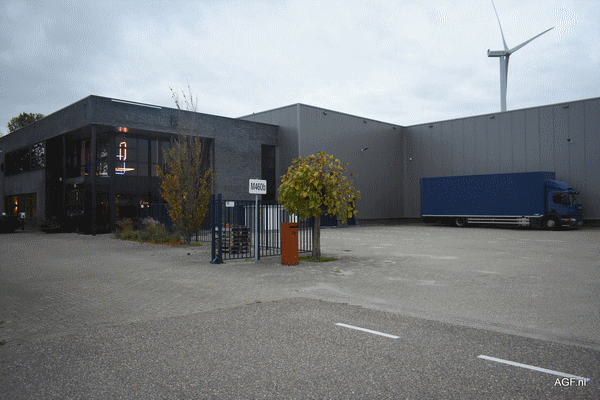
Almost circular
As mentioned, besides production process automation, sustainability was high on Mopal's priority list for the new building. "That little bit is vital to us," continues Anita, "you can find it everywhere in our company. For example, we remodeled the building sustainably. It was dismantled."
"A third party and we tried to find reusable material, and we used recycled materials. Plus, the rooms were furnished with second-hand or locally-produced items. Also, we've made the building more sustainable with the goal of obtaining an A+ label. Installing solar panels is this complete rebuild's final step."
The importance of giving things a second chance is also central to the pallet processing. Pierre: "We tried to find ways to recycle the products so much that we're now almost completely circular. For instance, we work with 75% used pallets. When a pallet comes back broken, we'll repair and reuse it until it genuinely can't be used anymore."
"Those are then shredded and used in the chipboard industry." For Mopal, that results in a less than 600 kg weekly waste stream consisting of some leftover plastic and sawdust. "Again, this - reducing residual waste - fits perfectly into our policy. It's becoming increasingly important, also for our customers. They and we strive for more circularity," he says.
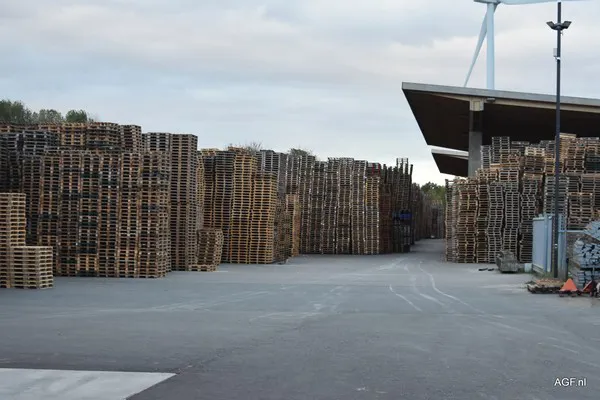
The fruit and vegetable sector demands specific expertise
A third of Mopal Palletindustrie's client base consists of fruit and vegetable sector customers. "That's where we began, and we've gained many clients and expertise in that sector over many years. We have plenty of experience and know that sector's specific requirements like no other."
"Those demands have become increasingly stringent. Our sector know-how and newly operational sorting and repair line let us respond perfectly to that. The fruit and vegetable sector is and remains an essential group within Mopal Pallet Industry's customer portfolio," explains Pierre.
Mopal Palletindustrie is, thus, confident about the future. "This innovative, sustainable transition means we have a wonderful, future-proof company, in which we, our team, and (future) clients can still grow considerably together," concludes Anita.
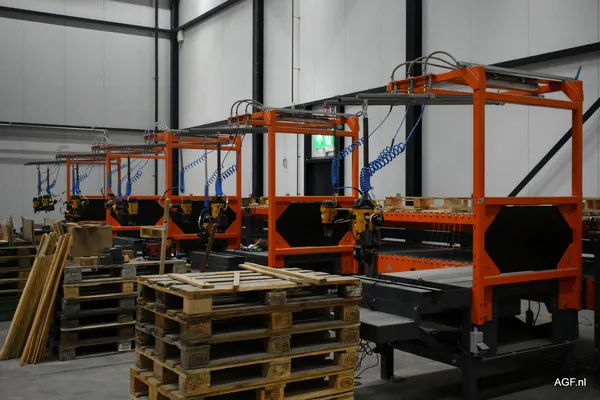
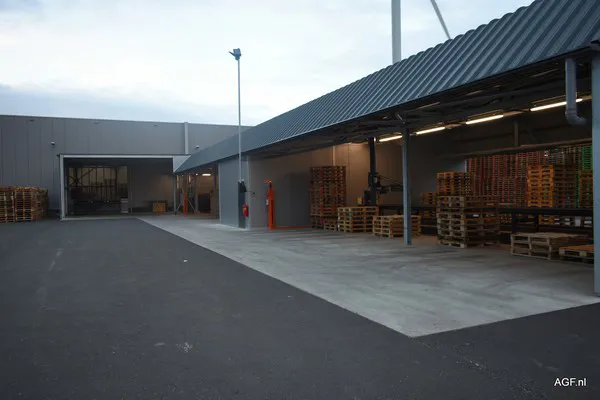
For more information: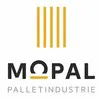 Mopal Palletindustrie
Mopal Palletindustrie
10 Fuutweg
4791 PB, Klundert, NL
Tel: +31 (0) 168 324 526
Email: info@mopal.nl
Website: www.mopal.nl
